How wmnsWORK Is Helping Diversify the Travel Industry
wmnsWORK is the tourism industry’s first business accelerator for women and non-binary entrepreneurs. Founder Iris Serbanescu and program participant Njeri Gachuhi share the benefits of the program and how it can help transform the industry for the better.
Shares
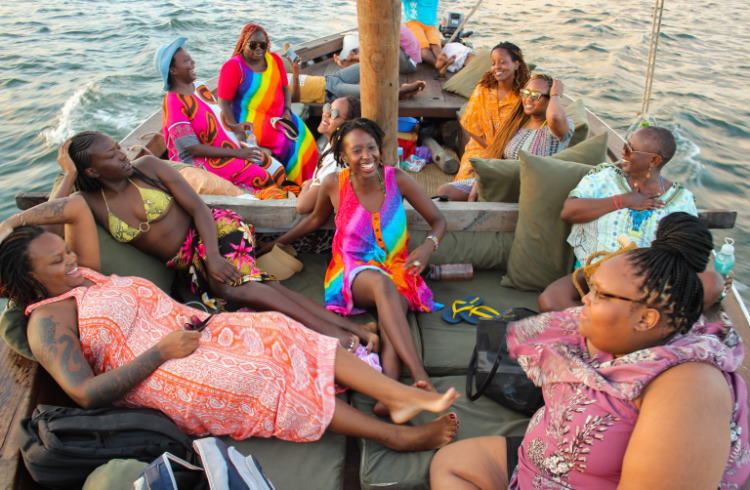 Photo © The Traveling Wakili
Photo © The Traveling Wakili
Women make up more than half of tourism industry employees – yet only a fifth of them hold management roles. The reason isn’t a lack of drive or ideas, but a lack of support and access to technology, education, and training, as stated by the UNWTO’s Second Report on Women in Tourism.
Tourism professional Iris Serbanescu became increasingly aware of this disparity during her 10 years in the industry, and saw the issue increase during the COVID pandemic, when women disproportionately were let go or had to leave their jobs to take care of their families.
She also noticed another disparity for non-binary folks in the industry – and was inspired to create a program for those who wanted to start their own tourism businesses.
“In my own experience, there was no formal support system for anyone who identifies as a woman or non-binary who was new to their business journey,” said Serbanescu.
“wmnsWORK is the industry’s first global, virtual, equity-free business accelerator created specifically for women and non-binary entrepreneurs in the early stages of their business,” she said.
“Everyone has different goals and ambitions and perspectives, but the crux of the program is to help them get tangible results that elevate their business from one stage to the next.”
wmnsWORK is a 12-week program consisting of up to 12 workshops led by industry experts and focused on three pillars: Education, Mentorship, and Support.
“Our second cohort is wrapping up December 2022. It has 50% more people than our first cohort, from eight participants up to 12. Thanks to sponsorships available through partners like World Nomads, we have been able to attract a much more diverse participant base from seven different countries,” said Serbanescu.
To find out more, World Nomads sat down with Iris and Njeri Gachuhi, founder of Kenya-based The Traveling Wakili who attended the program thanks to a sponsorship from World Nomads.
Iris, what role did the pandemic play in the decision to start wmnsWORK?
The pandemic gave me a moment to stop and think about how the way we’ve been doing business led us to this point. All my perspectives from my years in the travel industry boiled down to one solution: I have to help women who want to start businesses post-pandemic, because out of great crisis comes the biggest opportunity, and I want to create something I wish I had.
Because a lot of travel businesses have unfortunately not weathered the pandemic storm, now might be the best time for new players to enter the market, take the reins, and do things their own way.
You’ve been in the travel industry for 10 years. How did you get into travel?
It’s a full-circle moment for me – I used to work in insurance. I was a Jr. risk broker, on a management fast-track program. But I had just spent a semester in Paris, and I was truly transformed by that experience. When I thought about where my passion in life really lay, it was in travel, and I had to turn it into a career somehow.
What are the primary skills or areas of knowledge you feel entrepreneurs need to have in order to succeed?
It depends on the type of business they’re running, and where in the world they’re based. But overall, a good baseline knowledge of business principles, how their business is going to make money and how it will sustain itself, or grow if that’s the goal, year over year.
One of the many benefits of the program is breaking down the business plan, the financials, and the pitch deck into workshops with experts that can help them build on those three main things. The business plan can help you get clear on what you want to build, the financials will help answer the question of “how will my business make money?” and the pitch deck will give you a sense of what problem you are solving and how you’re going to talk to people about it.
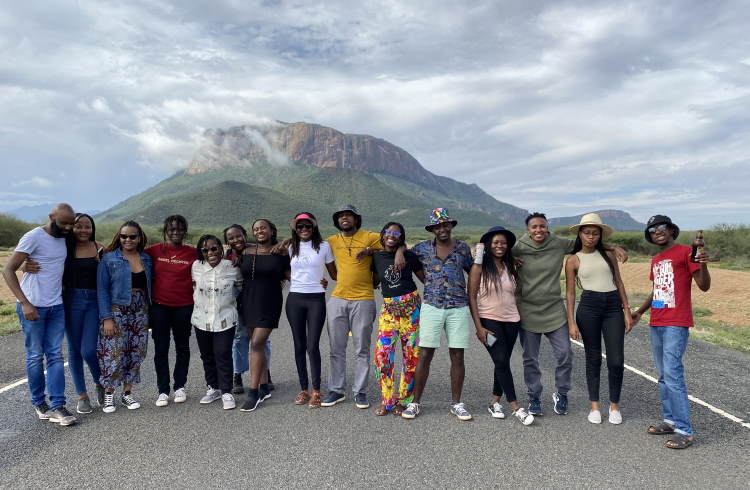
You have applicants from all over the world. Are these primarily virtual workshops?
The workshops are 100 percent virtual. Every week, we have a different workshop on a different topic, taught by a subject matter expert in that topic. They’re designed so the members have tangible takeaways that they can implement into their business.
There’s also a mentorship program where I match everyone up with their own mentor who’s a good personality fit, fits the criteria the mentee is looking for, and who ideally has experience running the same kind of business the mentee is hoping to start.
Aside from the skills they’re learning, what benefits are your cohort members gaining from the program?
I look at wmnsWORK as a long-term investment in your business. The experts that you meet, the mentors, alumni, the fellow participants in your cohort – those can lead to great revenue-generating partnerships down the line. The network is really key, because the biggest hurdle when people join a new industry or start a new business is that they feel really alone. That feeling of community and learning from each other is not something that’s easy to create on your own. wmnsWORK is a place to get your questions answered, build your network, and get benefits that outlast your time in the program.
Njeri, can you tell us a bit about your business? What does “Wakili” mean?
Wakili means “lawyer” in Swahili – my educational background is in law. So, it’s “the Traveling Lawyer.” I got into doing this because I really enjoy doing solo trips. I would show my travels on Instagram and people would say, “Oh, that looks really interesting. Next time, can I come?” So, in 2019 I put together a plan for New Years, put it on the internet, said, “This is what we’re going to do, this is what it’s going to cost. Come if you are serious.” And people came.
What is your vision for your business?
I want to be a household name, within East Africa particularly, for curating group trips that have a focus on women and queer travel. I want the business to grow beyond just me. I’m the one who leads all the trips, I’m doing everything. But I already feel it’s bigger than me.
How did you find out about wmnsWORK?
I had been following the International Gay & Lesbian Travel Association, and they liked or shared the wmnsWORK program on LinkedIn. I had been thinking of joining an accelerator program, because I was already feeling I needed the support. So, when I checked out their page, and it was written for women and non-binary people, I felt like it was perfect alignment.
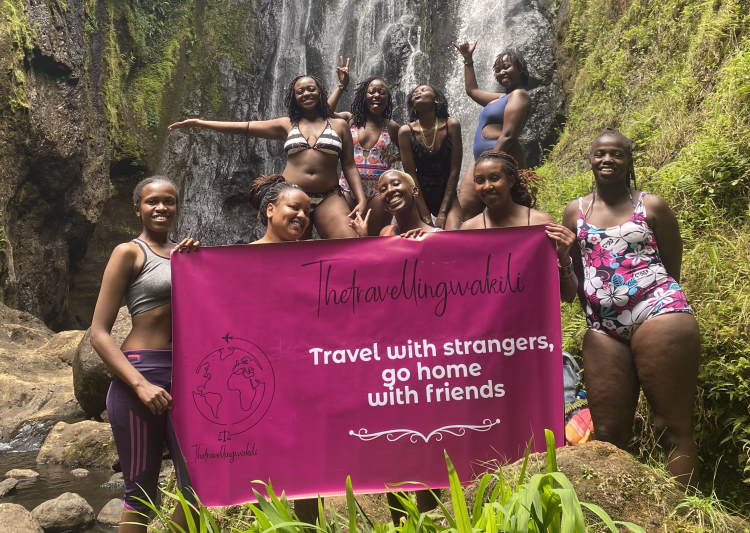
What were you hoping to gain from the program?
I was hoping to gain two things: business growth – tapping into more networks, business knowledge and people who have done this before. And I wanted to build my confidence in speaking about the business side of things.
What are the most important things you’ve gotten out of the program so far?
Oh, it’s been a lot. To start with, it’s meeting other people doing the same thing as you and having that type of community where you’re bouncing ideas. It’s been great having that support, that level of accountability. And every single session we have, I feel like I gain so much, and then I realize, I also have so much to do! It’s great because it’s been pushing me on all the different fronts. The biggest one was developing my story and how to pitch myself. And the business plan as well – I feel like I had a business plan in my mind, but it was really important to see how to actually write that down.
How do you anticipate incorporating those learnings and insights into your business?
There are already two things I’ve started incorporating. I’m almost through with my 2023 calendar and I’m going to have almost double the trips I had this year. It’s 100 percent because of being in the program that I feel like 1) I’ll be able do as many trips as I put in place and 2) I’m going to grow the team. So, starting in January I’m going to look for someone to join me. And I’ve made a few connections I’m going to pursue when it comes to B2B collaborations with different travel agencies that aren’t based in Kenya, so I can be the ground person in Kenya.
Can you tell us a bit about your mentor?
My mentor has a travel company that’s based in Uganda – he’s a queer African man. I feel like it was a very great fit for the two of us, because one of the top things I wanted out of a mentor is someone who has some experience in queer travel in Africa. I particularly loved that it was a person born and raised in Africa.
What kind of community have you developed with the other entrepreneurs in the program?
I absolutely love the fact that we are very few, and we’re very diverse. I know almost everyone’s business to where I could explain it to someone else, so if someone said they were looking for someone in Peru, I know exactly who I would [recommend]. There are even people who haven’t started their business yet, there’s some who’ve launched their businesses while in the program, and we’ve all been able to give feedback and cheer each other on.
What would you tell entrepreneurs who are thinking about applying to the wmnsWORK program?
I would say it’s 100 percent value for money. I’m not just saying that because I got sponsored. Even if that had not come my way, [I would say that]. I think Iris did a really good job coming up with the program, the timetable, the communication, the pairing with the mentor – you can feel this is someone who took time. It’s not this blanket program where you feel you’re reading a textbook. It feels like it’s carefully curated for you.
Iris, how can travelers help support women and non-binary entrepreneurs?
We’re at the place we are in the travel industry because of decisions we’ve made in the past around power and money. My invitation to anyone reading the article is to question how they can break down the barriers and change the systems in their own micro way – in their communities, in their workplaces, all those oppressive systems that have contributed to this massive disparity in female leadership and ownership. Question your biases.
Is there a way companies or individuals can support your program or the participants?
Absolutely! Travelers who would like to book trips with or work with our cohort members and alumni can learn about them on our Participants page.
Companies who are interested in sponsoring a participant can reach out to me. I’m also happy to hear from people who would like to be mentors or subject matter experts.
The next wmnsWORK cohort starts February 20, 2023. Applications are open now.
Related articles
Simple and flexible travel insurance
You can buy at home or while traveling, and claim online from anywhere in the world. With 150+ adventure activities covered and 24/7 emergency assistance.
Get a quote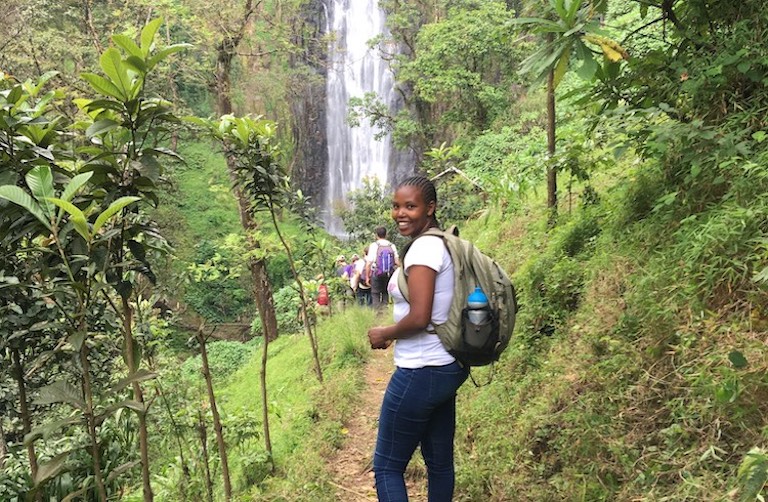
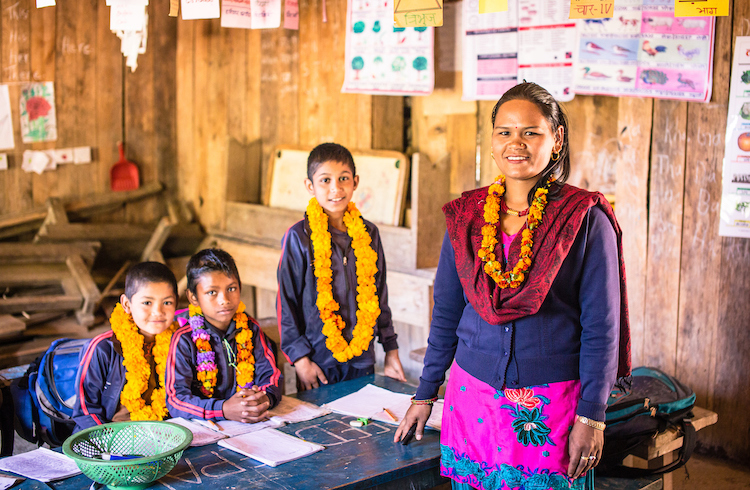
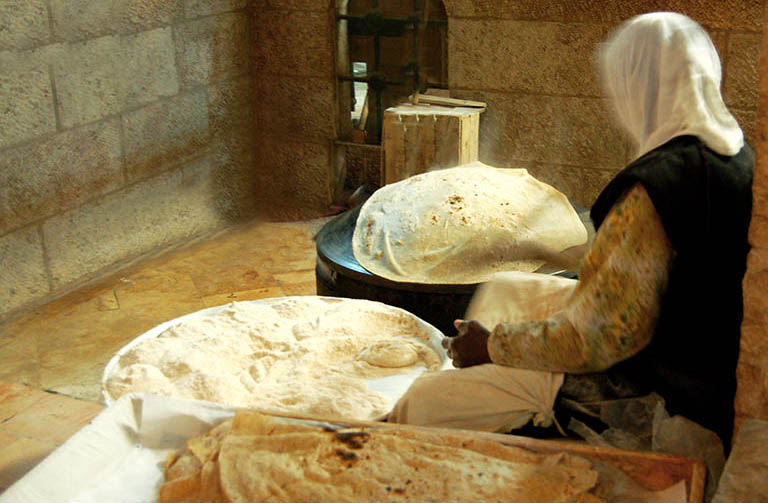
No Comments